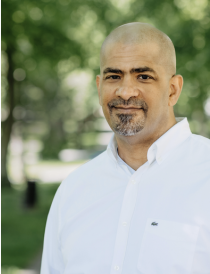Students Collaborating for Change
Main Image

Magazine Issue
Feature title
News
Feature Intro
Second hackathon targets improved access
Link
Dr. Muna Chowdhury
Job Title
PSP counsellor and family physician
Contact Group (Team)
Computed hierarcy weight
0009-0000
Making Positive Change Stick
Main Image

Magazine Issue
Feature title
Your DNS
Feature Intro
How small changes can help you handle difficult times
Magazine Article Author
Link
2023 AGM Recap
Main Image

Magazine Issue
Feature title
Your DNS
Feature Intro
New President-elect, bylaw revisions and more
Magazine Article Author
Link
Dr. Colin Audain
Main Image

Magazine Issue
Feature title
Feature
Feature Intro
Following in his father's footsteps into the role of DNS President
Link
